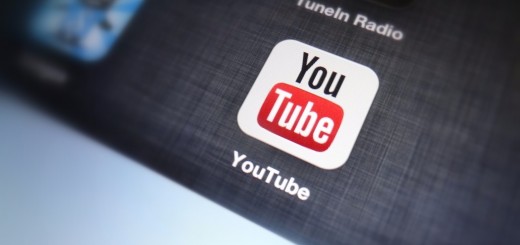#sowhoknew: Don’t play the blame game
“It’s not me, it’s you”. How many relationships (both personal and business) have ended with those words. And the truth is, it’s most likely a lie. But apportioning blame is more detrimental to those who initiate it than they might imagine. After all, it is not a game you can play where you improve with practice…
According to an article written by Elliot Cohen in Psychology Today one of the most destructive pastimes we participate in is the ‘blame game’. Both individuals and organisations are guilty of engaging in this diversion at some juncture. So, let’s be clear, what exactly does that mean? Well according to the piece it, “consists of blaming another person for an event or state of affairs thought to be undesirable, and persisting in it instead of proactively making changes that ameliorate the situation.”
In order words? Throwing someone else under the bus to protect yourself. Sound familiar? I’m guessing it probably does to most of us, whether it’s because you have found yourself being propelled under the screeching wheels or because you’ve given someone a little nudge in the direction of the number 14 to Staines.
It transpires that there are 4 ‘irrational beliefs’ which underpin this need / desire to play the blame game:
1) When something goes wrong, then someone has to be to blame
2) That persons (supposed) misconduct diminishes the respect that they deserve
3) As a consequence, it is therefore perfectly acceptable to treat that person in a disrespectful manner (including, in certain circumstances, physical assault)
4) As an individual, you can only accept the minimum amount of blame otherwise your reputation will be tarnished and you too will be treated disrespectfully by others
So why are these beliefs irrational? Well, lets take them in turn.
- actually someone isn’t always to blame. Sometimes sh*t just happens right?
- losing respect for someone confuses the ‘deed with the doer’. Sometimes we make mistakes and make a bad choice but that doesn’t mean the person who made that decision is a bad person
- there is nothing constructive about alienating an individual for an erroneous action. Treating people like this merely creates more ill feeling and escalates the situation without resolving the issues
- by diminishing your involvement in a situation that has gone awry perpetuates the ridiculous assumption that we live in a perfect World where nothing goes wrong
So why do we play the blame game if it is all based on these irrational beliefs. Well, psychologist Susan Krauss Whitbourne has discovered 5 reasons why:
1) It’s a defence mechanism… blame helps you preserve your self-esteem by ignoring the existence of your own flaws or failings
2) it is an attack-mode weapon… blame can be a very powerful tool in harming our adversaries
3) we are pretty bad at figuring out the reasons behind our own behaviours or that of others
4) frankly it’s just easier to blame someone else than accept responsibility
5) at one time or another, everybody lies
Ultimately, participating in the blame game is a short term solution to an immediate problem. And, I’m sorry to say, in that respect it often works. However, that in no way means I am advocating it’s usage. In fact, the aforementioned Dr Whitbourne goes so far as to say that every time you employ the tactic you are running the risk of failure and being caught out, “Unlike other games, the more often you play the blame game, the more you lose. Learning to tell when you need to own up to your role in a bad situation will help you grow from your experiences, and ultimately help you achieve more fulfilling relationships.”
So have you ever played the blame game? If so, what were the circumstances? Alternatively have you ever been blamed for a situation that went awry and what was the eventual outcome?
The post #sowhoknew: Don’t play the blame game appeared first on Digital Market Asia.



